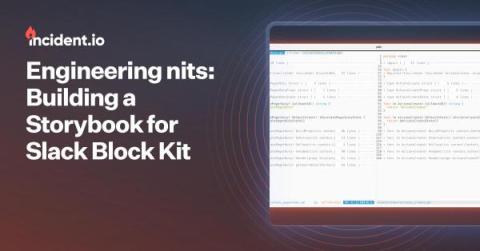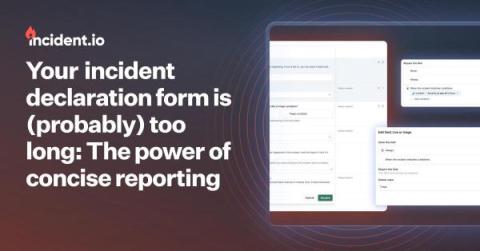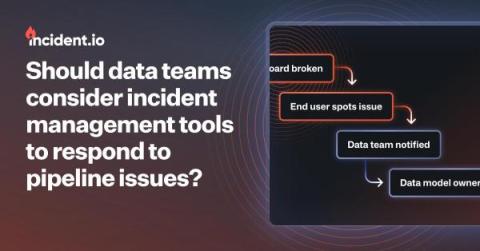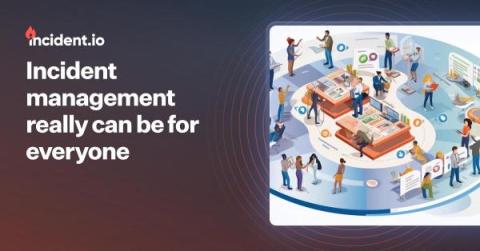Engineering nits: Building a Storybook for Slack Block Kit
We care a lot about the pace of shipping at incident.io: moving fast is a fundamental part of our company culture, and out-pacing your competition is one of the best ways we know to win. In engineering teams, one way to ship fast is to invest in tools that make your team more productive. We've become good at identifying small pains and frustrations that slow us down over time and – after surfacing them to the rest of the team – find solutions for them.






